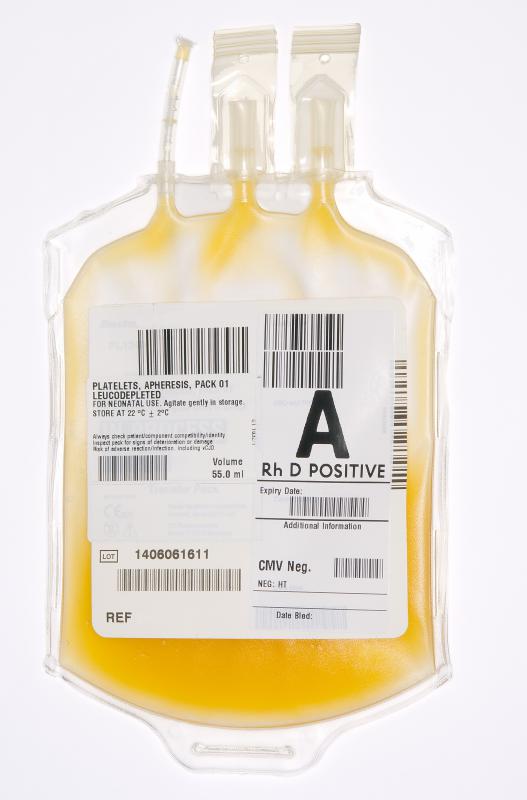At TheHealthBoard, we're committed to delivering accurate, trustworthy information. Our expert-authored content is rigorously fact-checked and sourced from credible authorities. Discover how we uphold the highest standards in providing you with reliable knowledge.
What is Fibrinogen?
Fibrinogen is a protein found in blood plasma which plays a vital role in blood clotting. Levels of fibrinogen in the blood can be detected with the use of a blood test which can also be used to look at levels of other clotting agents and substances in the blood. Abnormally high or low fibrinogen levels can reveal a wide range of medical conditions, from a predisposition for strokes to a bleeding disorder.
This protein is produced by the liver. When the body needs the blood to clot, a reaction between fibrinogen and thrombin is created, turning the fibrinogen into fibrin, a stringy substance which slowly mats over to create a clot of blood. Clotting can happen remarkably quickly, especially at the site of a small injury. Once the clot has served its purpose, the body will break the clot down, or in the case of a clot on the outside of the body, the clot will scab over and fall off.

Some people are born with a condition known as afibrinogenaemia, which means that they do not have enough fibrinogen. These individuals tend to bleed freely and copiously from injuries, and they are prone to bruising and internal bleeding. Fibrinogen levels can also contribute to thrombosis, in which the blood clots too much. Excessive clotting can cause strokes, heart attacks, and other health problems. It can also lead to disseminated intravascular coagulation (DIC), in which numerous small clots form all over the body.

There are a number of reasons for a doctor to request a blood test to determine fibrinogen levels. If a patient appears to have a bleeding disorder of some kind, the blood test will give the doctor an idea of what might be at the root of the problem. The test may also be used to monitor liver disease, a chronic condition which can cause changes in fibrinogen levels. These changes can be used as markers to indicate the appearance of complications or problems.

The normal range for fibrinogen is quite varied. Levels can fluctuate in an individual in response to things like blood transfusions and systemic injuries, which can make it challenging to obtain a baseline. When laboratory results are sent to a doctor for interpretation, these results typically include a “normal range” which gives levels for patients of a similar age, height, and weight, corrected for gender differences. A doctor may determine that an individual patient's apparently high or low levels are actually normal, given the patient's history and condition.
AS FEATURED ON:
AS FEATURED ON:














Discussion Comments
@wavy58 – I think I would rather be diagnosed with elevated fibrinogen levels, though. You can actually lower your fibrinogen levels through exercise and diet, and if you smoke, you can stop to lower your levels.
My aunt was overweight and had too much fibrinogen, but her doctor told her to start walking thirty minutes every day and to eat foods that were high in antioxidants. He also told her to avoid fatty foods and those that might raise her cholesterol.
She lost weight, felt much better, and decreased her fibrinogen levels. She did all this without having to take medication.
I must have normal levels of fibrinogen, because even though it takes several minutes for a bleeding wound to clot, it always does so without any issues. As long as I don't scrape the clot off, it will remain in place until the wound is healed.
I once worried that I might have a clotting condition after I sliced open my hand with a kitchen knife while trying to slice a potato. It turned out that the reason I had trouble clotting had nothing to do with fibrinogen levels. I had simply cut myself right over a vein.
It sounds like both inadequate and elevated fibrinogen levels lead to scary conditions. On the one hand, not having enough fibrinogen would make me scared to do anything for fear of getting a small injury and bleeding to death, but on the other hand, having too much of it would make me fear a heart attack.
Post your comments